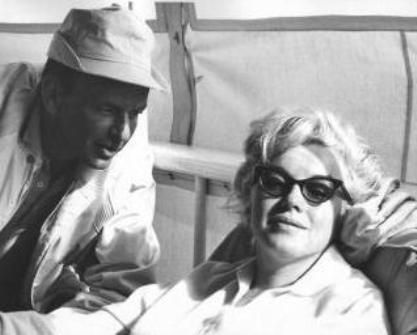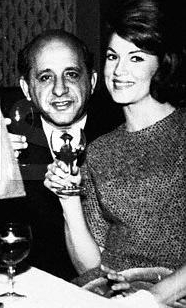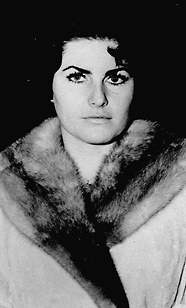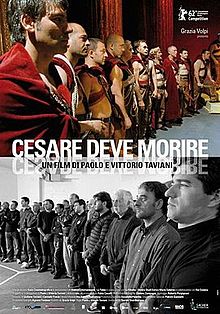Tony Curtis, John Turturro and Rod Steiger portrayed him in TV dramas. He appears as a character in Norman Mailer’s historical fiction. His name pops up in rappers’ songs. His fame and power rivaled that of Al Capone. And, nearly 40 years after his death, Chicago born and bred mob leader Sam Giancana(1908-1975) continues to garner attention.
Lately, the public’s desire to know more has been sated on the big screen. “Momo: The Sam Giancana Story” has played at film festivals and won two awards – best doc at the Hollywood Reel Independent Film Festival (which runs through Dec. 12) and the jury award for best doc at the Bel Air Film Fest in October.
Directed by Dimitri Logothetis, “Momo” was co-produced by Logothetis and Nicholas Celozzi, the grandnephew of Giancana. Logothetis and Celozzi have completed an episodic television project about Giancana and are scripting a new feature film as well.
Growing up in Giancana’s extended family meant tolerating a “controlled insanity,” said Celozzi in a recent phone interview. “It was high anxiety. There was a lot of whispering, some yelling, a lot of in and out. There were funerals. There was a lot of energy in that kitchen.
“But he took care of his family. If you needed money or advice, you went to him.”

Frank Sinatra and Marilyn Monroe were friendly with power-broker Sam Giancana. The Outfit controlled labor unions in Hollywood.
Bright, ambitious and charismatic, Giancana (or Momo as he was nicknamed) is remembered as a standup father by his two daughters Bonnie and Francine, speaking on-camera about their father for the first time in 30 years. They clearly adored him. (Giancana’s eldest daughter Antoinette, who published 1984’s “Mafia Princess: Growing Up in Sam Giancana’s Family,” is not part of the film.)
He was also coldly lethal. “The thing that made him dangerous… was the willingness and ability to kill,” says FBI agent Ross Rice, one of many insiders featured in the doc, most of whom are longtime Chicagoans.
“Momo” explores Giancana’s impoverished childhood and bloody rise through the ranks of Chicago’s underworld (known as the Outfit), his alleged CIA connections (the filmmakers assert he was contracted to assassinate Fidel Castro), his influence in Hollywood and his relationships with Frank Sinatra and Marilyn Monroe, among others. The film also posits theories regarding Monroe’s death and the assassination of John Fitzgerald Kennedy.
Giancana liked the limelight and, after his wife Angeline died in 1954, he was romantically involved with singer Phyllis McGuire (of the McGuire Sisters). He courted her by making her gambling debt disappear. He was also reportedly linked with Monroe and Judith Campbell Exner, both of whom were widely believed to have had affairs with JFK. Giancana’s fondness for good times and headlines (anathema for the underworld) also contributed to his downfall. “His arrogance was his Achilles’ heel,” says Celozzi.
On the evening of June 19, 1975, in the kitchen of his Oak Park home, as Giancana was cooking sausage and peppers, likely for a dinner guest, he was shot multiple times. The filmmakers say they show “finally and irrefutably” who killed the storied gangster.
Some of the film’s arguments are more convincing than others and Francine’s wish that her father be remembered as a genuine, gentle person seems a little naïve. But what’s beyond doubt is that Giancana at the height of his “career” had immense power and throughout his life had a knack for making money, even after he alienated himself from the Outfit. Following his death, his stash was never located. Each year in June a rose mysteriously arrives at his grave.
“Momo: The Sam Giancana Story” will screen Friday, Dec. 7, at the Hollywood Reel Independent Film Festival.













From FNB readers